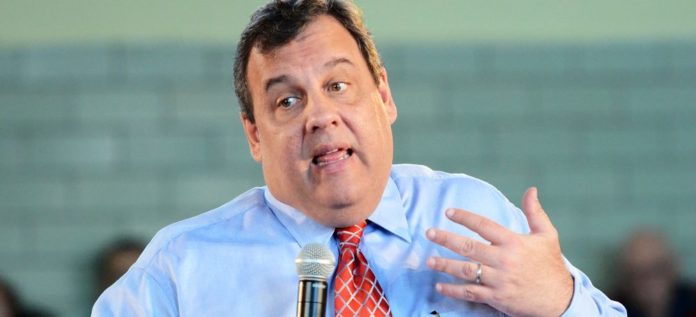As the opioid crisis continues to rave the United States, President Trump’s commission examining the issue is receiving criticism for its continued focus on marijuana.
Recently, New Jersey Governor Chris Christie, who heads President Donald Trump’s opioid commission, has made some comments that are stirring controversy and keep linking marijuana to opioid abuse.
“There is a lack of sophisticated outcome data on dose, potency, and abuse potential for marijuana. This mirrors the lack of data in the 1990s and early 2000s when opioid prescribing multiplied across health care settings and led to the current epidemic of abuse, misuse and addiction,” Christie wrote in a letter.
“The Commission urges that the same mistake is not made with the uninformed rush to put another drug legally on the market in the midst of an overdose epidemic.”
Former Trump campaign rival, Dr. Ben Carson, is also a member of the opioid commission. He also seems to be resurrecting the idea that marijuana is a gateway drug.
“It frequently starts with something as seemingly innocent as marijuana,” said Carson at a recent meeting of the commission.
But many in the medical community seem to be disagreeing with the commission’s stance.
“I was surprised to see negative language about marijuana in the opioid report,” said Dr. Chinazo Cunningham, a professor of medicine at the Albert Einstein College of Medicine according to KTLA. “Research that examines pain and marijuana shows that marijuana use significantly reduces pain. In addition, the majority of studies examining marijuana and opioids show that marijuana use is associated with less opioid use and less opioid-related deaths.”
Cunningham also took issue with Christie’s claim that marijuana use increased an individual’s chances of abusing opioids by two and a half times.
“In general, the body of research does not back up this claim,” Cunningham said.
Cunningham’s own research has found the opposite to be true. She has found that states with legal medical marijuana have experienced a 25 percent reduction in opioid deaths. She is now starting a new study that will involve 250 patients that use opioid-based medication for chronic pain and will start to use medical marijuana.
“People are dying every day from opioid overdoses. We must act now,” she said. “We must offer a broad range of non-opioid strategies to address pain, and we must study these strategies.”










